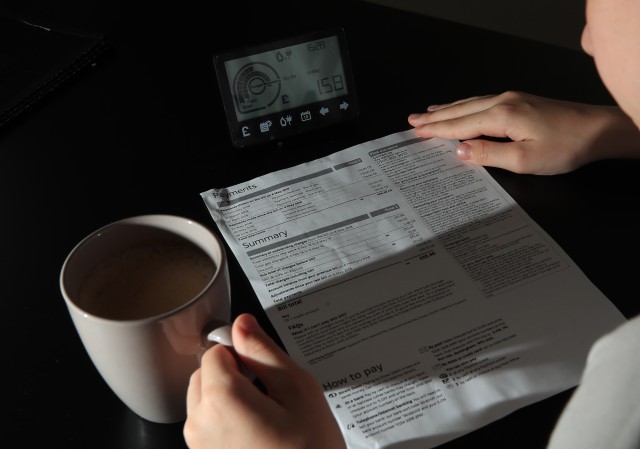Households in Britain could face a net zero bill of £6,070 every year until 2050, according to a new study. This is despite Rishi Sunak's green slowdown and is more than triple the official estimates. The cost is estimated to reach a staggering £4.5 trillion, which is 12 times the cost of Covid. The report, conducted by the Civitas think tank, claims that the independent Climate Change Committee has vastly underestimated the costings. Economist Ewen Stewart, who authored the report, believes that the public has been kept "in the dark" about the true cost of achieving net zero.
Higher costs than anticipated
The Civitas report reveals that the realistic cost of power generation, which includes doubling electricity output, will be £883 billion, along with £639 billion in financing costs. This is significantly higher than the original forecast of £334 billion. Additionally, achieving carbon neutrality for domestic transport could be as high as £455 billion, rather than the estimated £331 billion. This takes into account the impact of reduced employment in the automotive industry and the cost of installing electric charging points in every home, which amounts to £123 billion.
Major changes in farming and food production
Making domestic and non-residential properties carbon neutral is also expected to come at a high cost. The Civitas report states that it will cost £750 billion, significantly more than the early estimate of £360 billion. The agricultural sector, which represents ten per cent of the UK's carbon emissions, will require major changes in farming and food production. As a result, average annual grocery bills are expected to rise to £4,273, up from £3,234.
"Unimaginable costs"
Tory MP Craig Mackinlay, a member of the Net Zero Scrutiny Group, criticized the "unimaginable costs" associated with achieving net zero. He pointed out that the UK contributes just one per cent of global CO2 emissions and suggested that the country should consider repealing excessive legislation in order to mitigate the financial burden of net zero.









